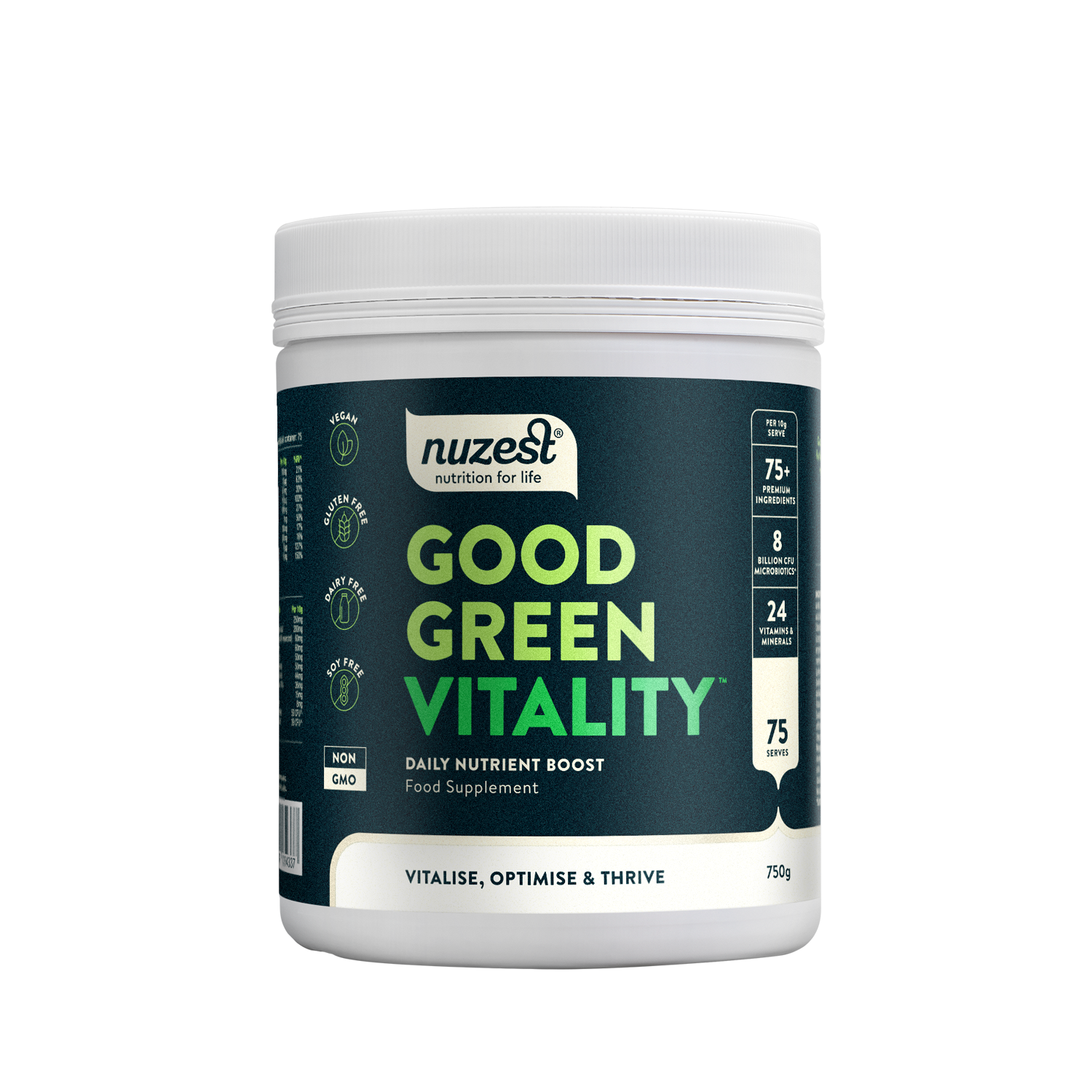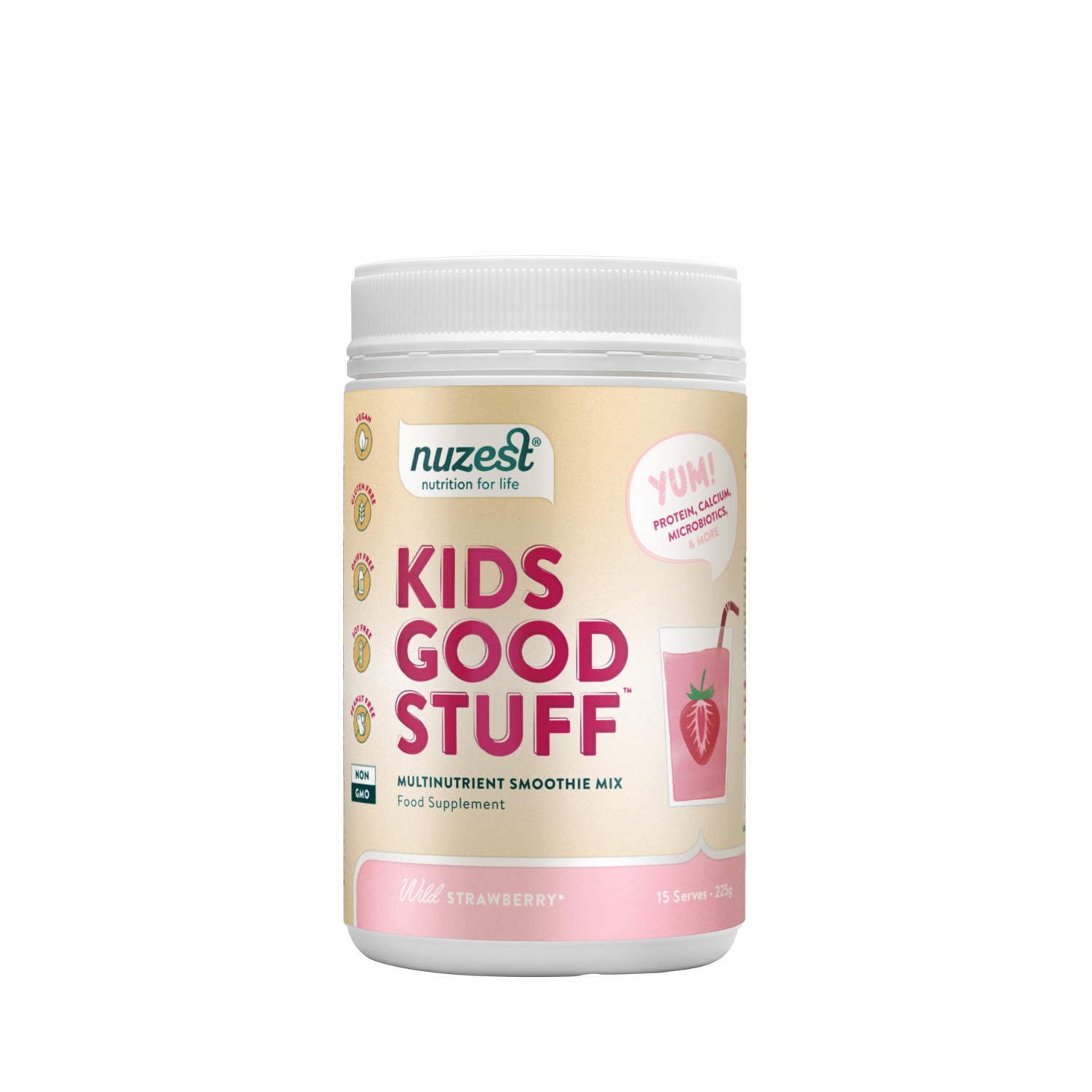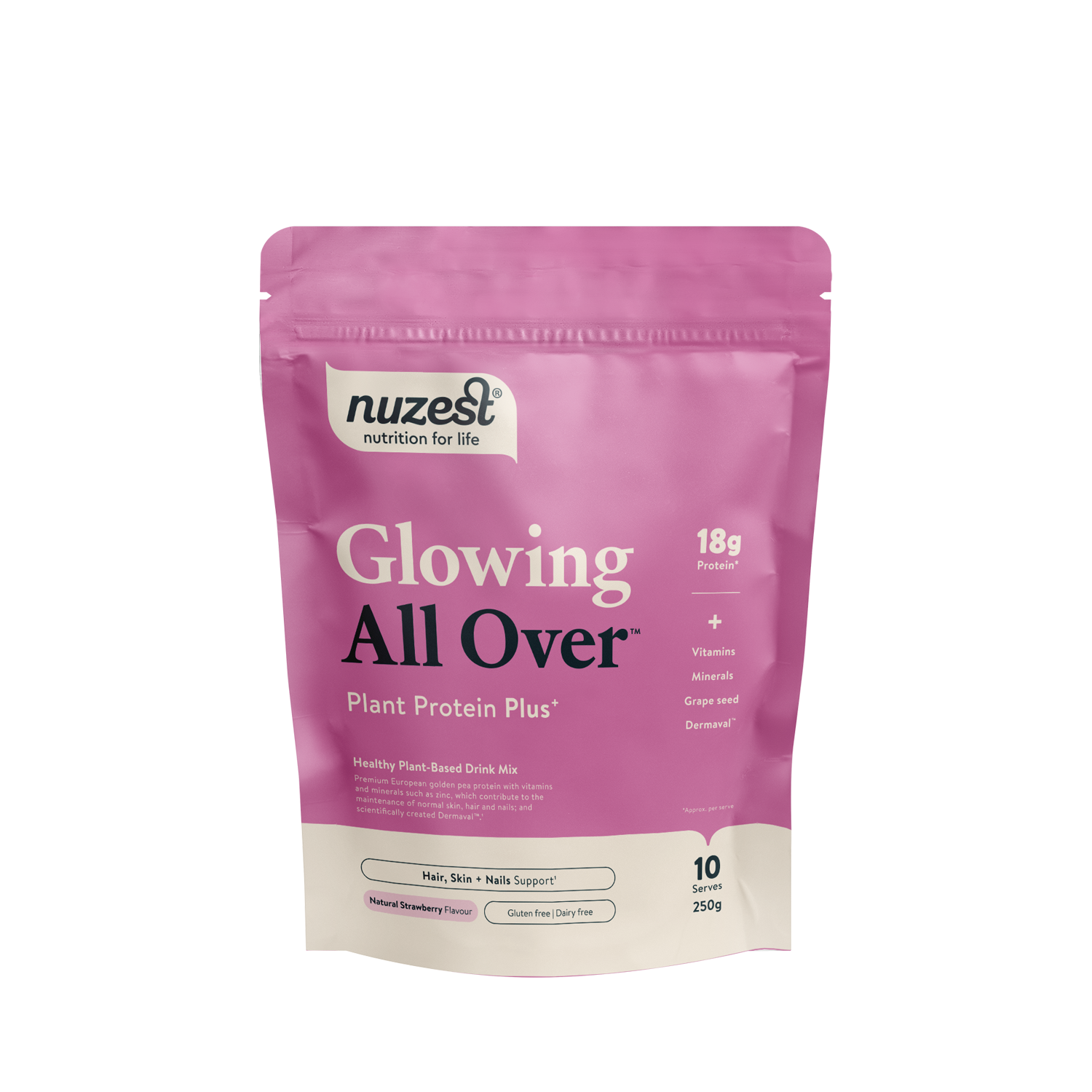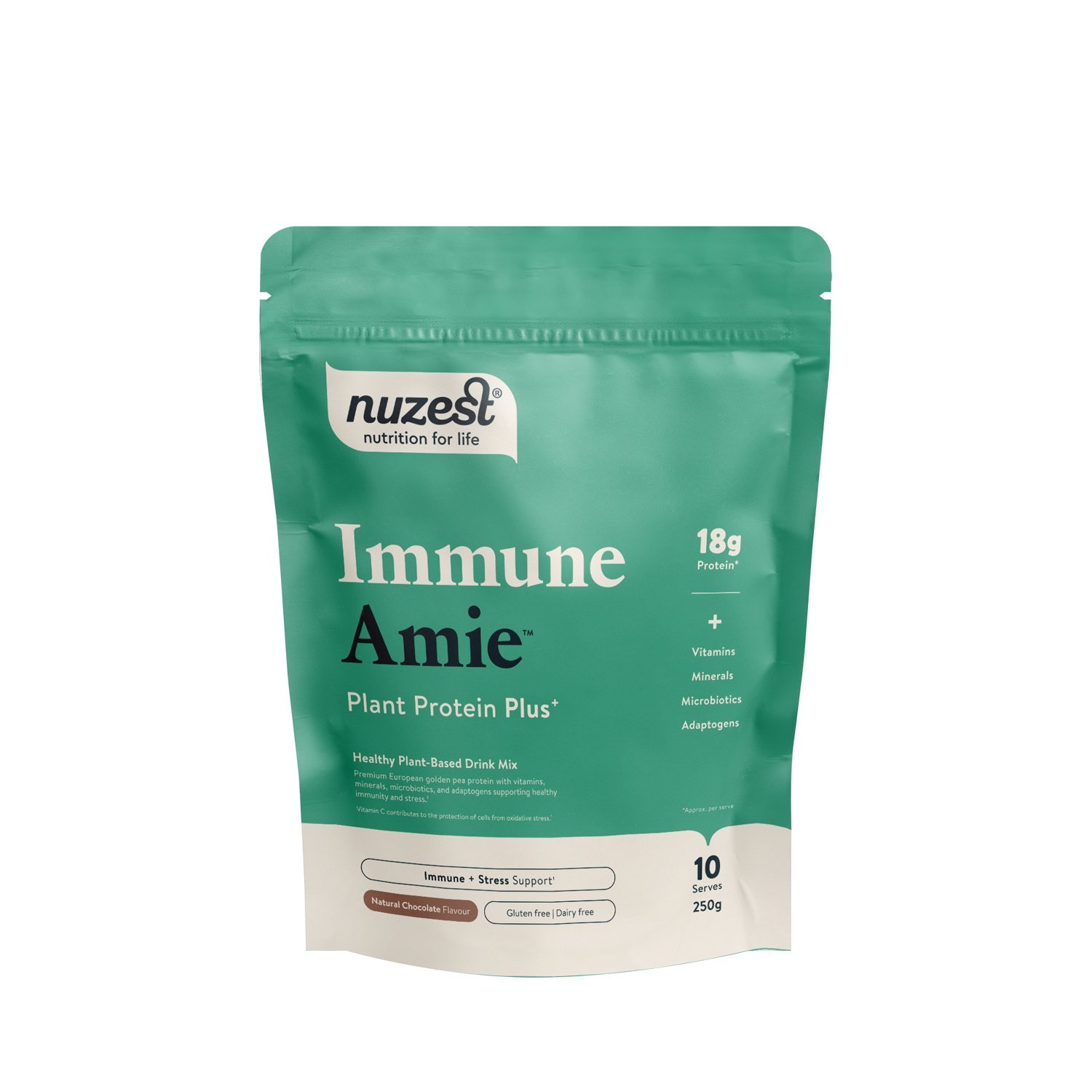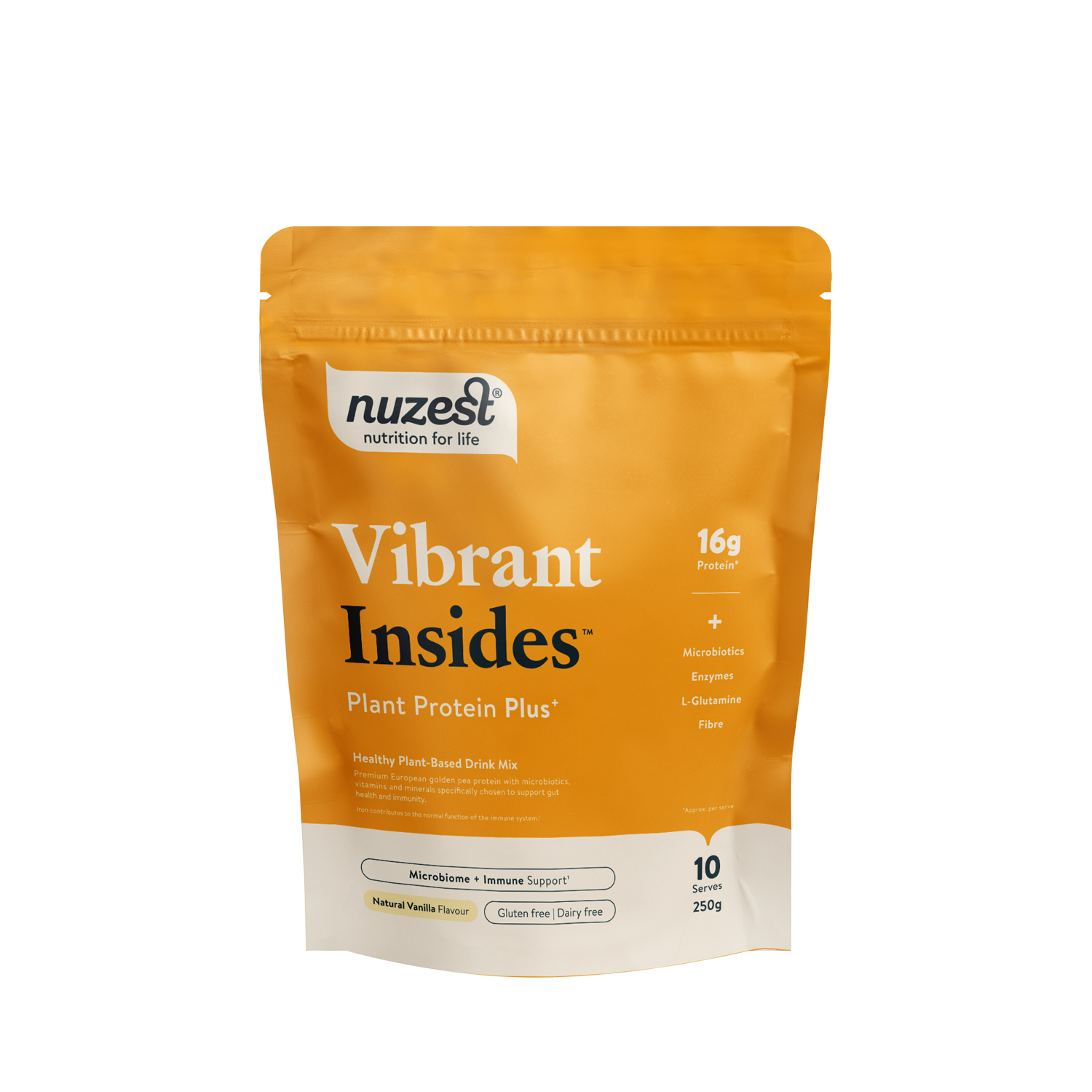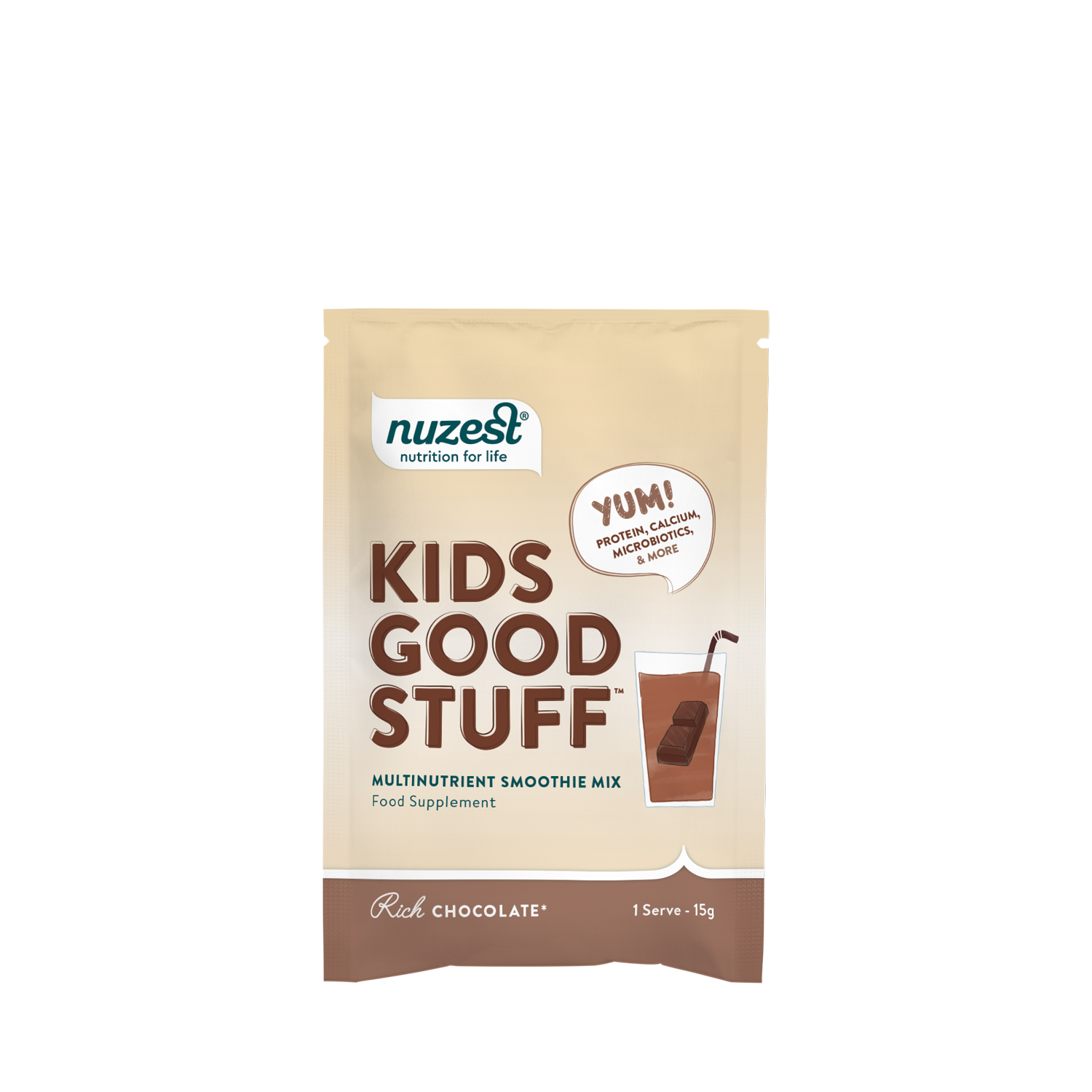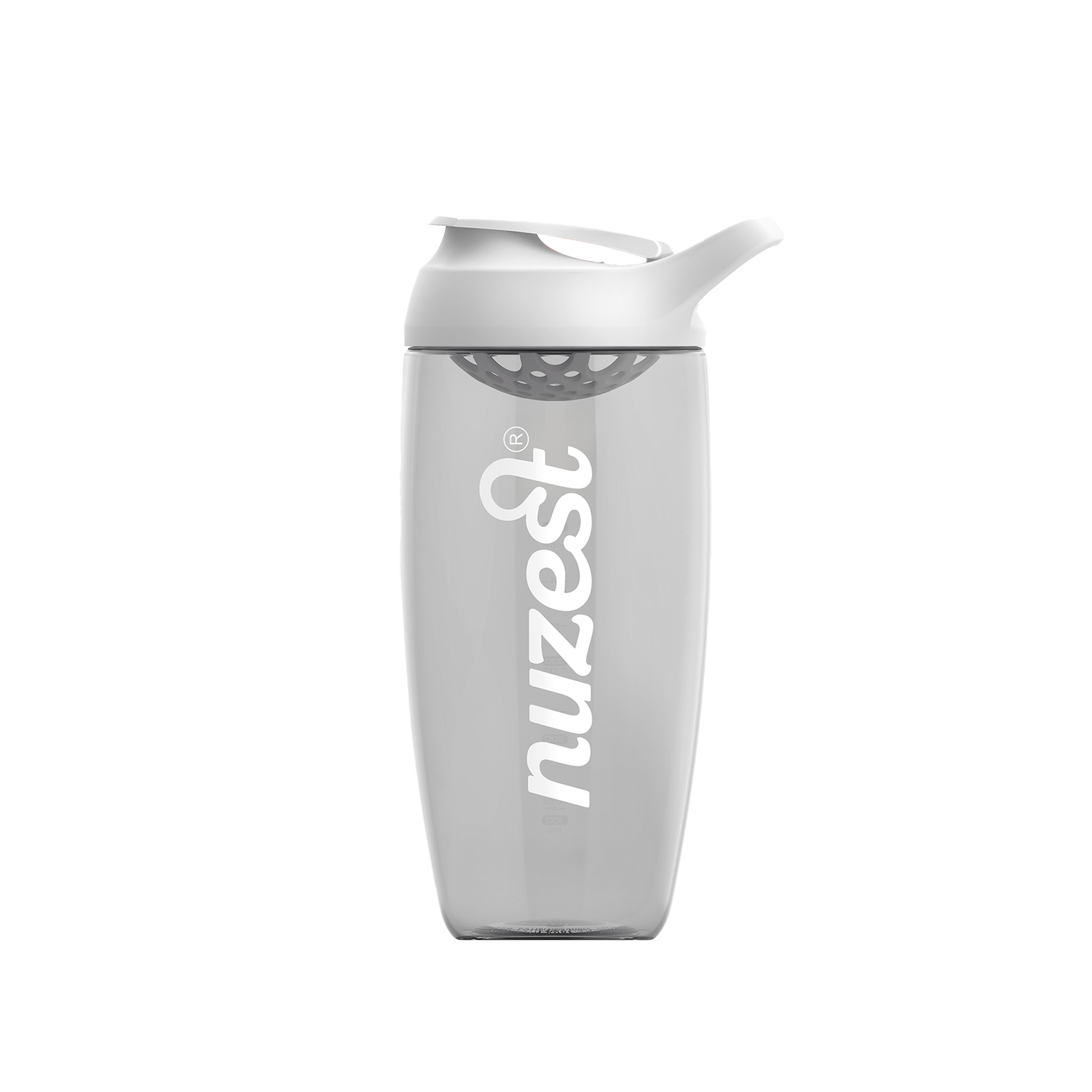Thyme
Thymus vulgaris
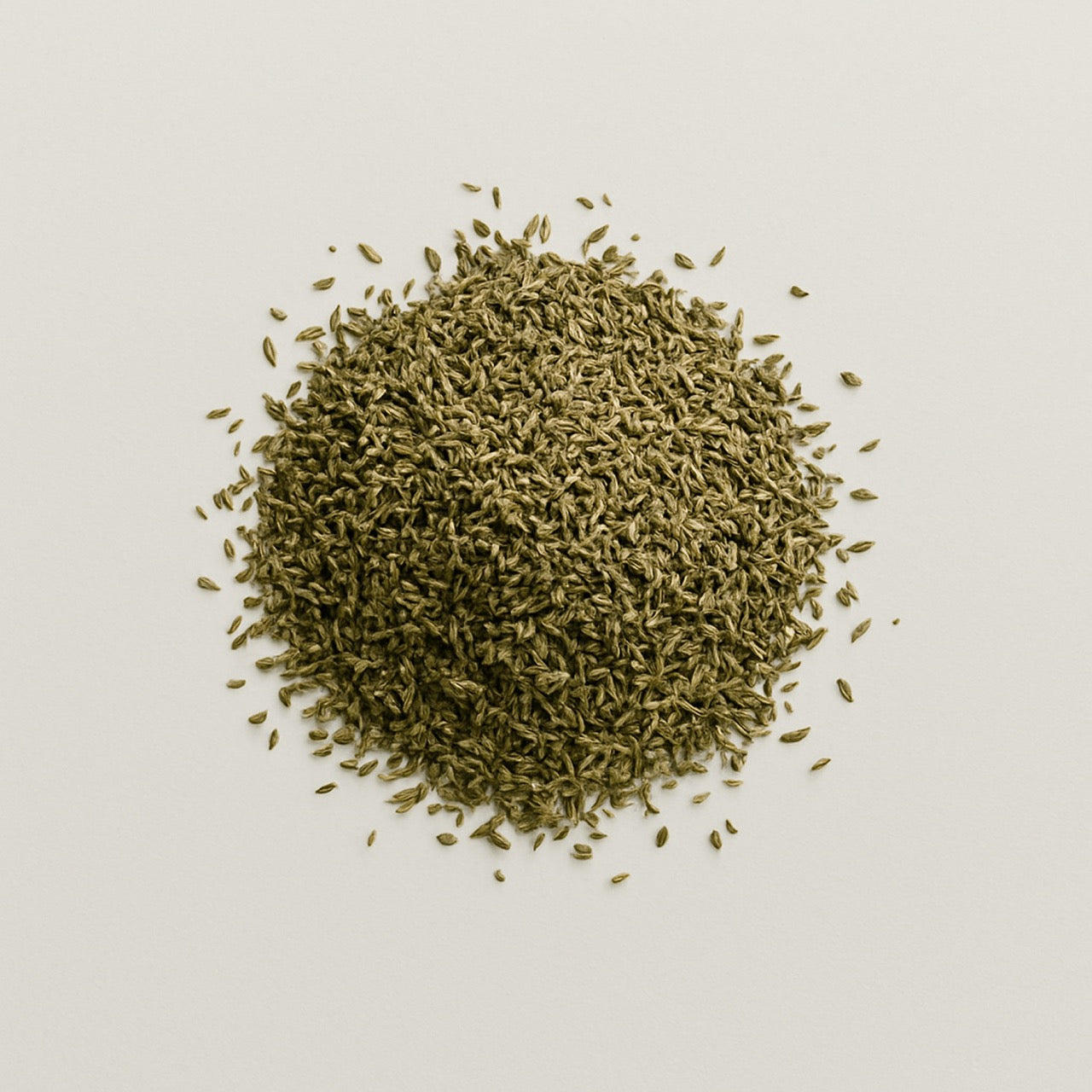
Thyme is an aromatic herb from the Thymus vulgaris plant, commonly used in cooking and herbal products. Its leaves and essential oil are used for flavouring and botanical formulations.
Products:
Is Thyme Anti-Bacterial?
Thyme exhibits notable antibacterial activity, primarily attributed to its essential oil component thymol. Thymol has demonstrated efficacy against various pathogenic bacteria in vitro. These properties support thyme’s traditional use in formulations aimed at maintaining immune function and supporting the body's natural defense mechanisms.¹ ²
Can Thyme Help Gut Health and Digestion?
It has also traditionally been used to support digestive health by alleviating symptoms such as indigestion, bloating, and flatulence. The antimicrobial activity of thyme, primarily due to its bioactive compounds, may contribute to modulating gut microbiota composition, thereby supporting gastrointestinal balance and overall digestive function.³
Thyme and Skin Health
Thyme’s antioxidant constituents contribute to skin health by mitigating oxidative stress, a key factor in the ageing process. Its antimicrobial properties, notably against acne-associated bacteria, may assist in managing skin blemishes. These combined effects support thyme’s potential role as a complementary agent in maintaining skin integrity and appearance.⁴
Is Thyme Anti-Inflammatory?
Additionally, thyme contains bioactive compounds with anti-inflammatory properties. Both ingestion and topical application of thyme essential oil have been shown to modulate inflammatory responses, potentially aiding in the management of conditions characterized by inflammation, such as arthritis and muscle discomfort. These effects further support thyme’s role in promoting overall health and wellness.⁵
